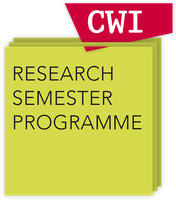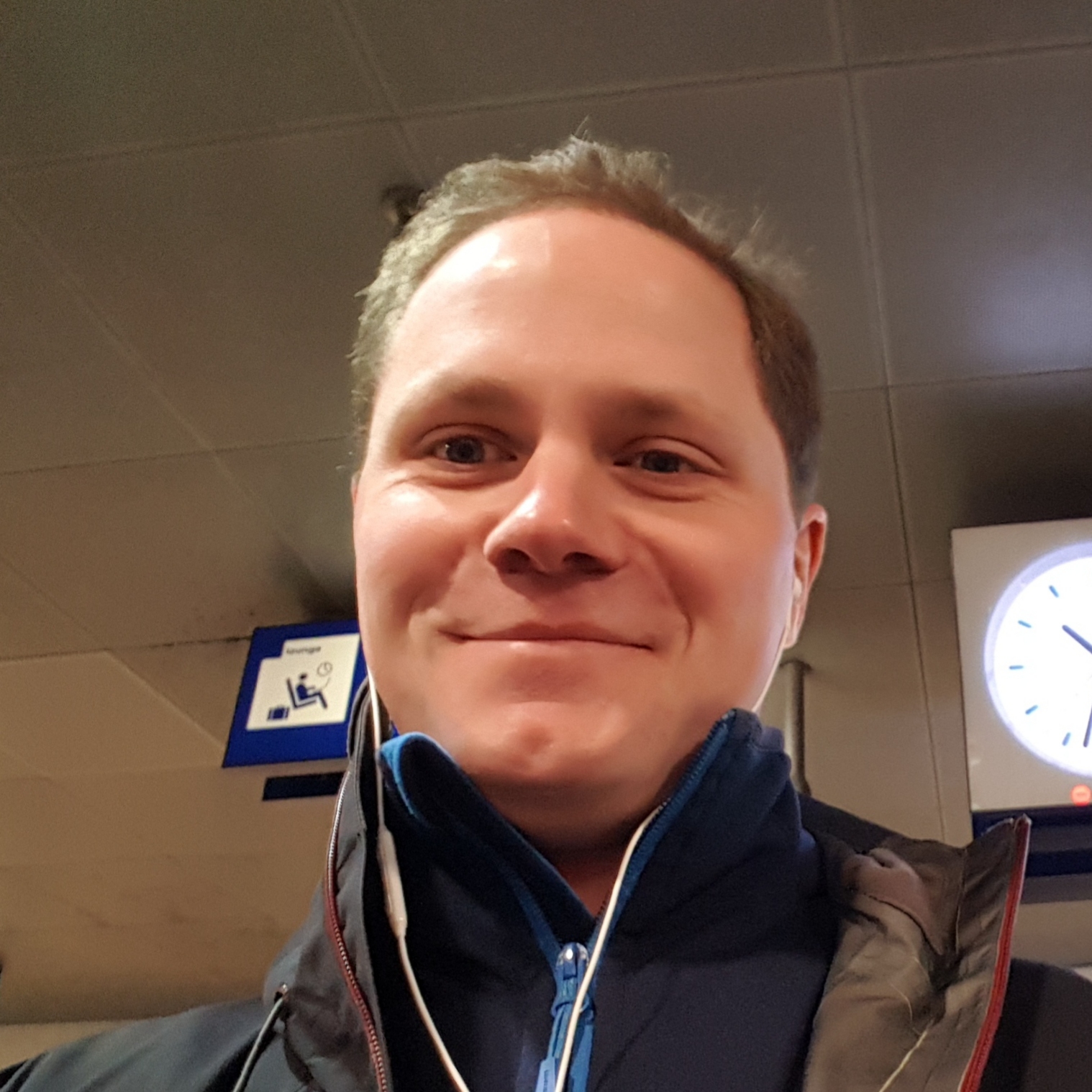
Research Semester Programme Machine Learning TheorySeminar++
- When
05-04-2023 from 15:00 to 17:00 - Where
L016, CWI
Overview
Seminar++ meetings consist of a one-hour lecture building up to an open problem, followed by an hour of brainstorming time. The meeting is intended for interested researchers including PhD students. These meetings are freely accessible without registration. Cookies and tea will be provided in the half-time break.
This lecture is part of a series of 8.

Patrick Forré
Assistant professor and AI4Science Lab manager at the University of Amsterdam.
A convenient foundation of probability theory for probabilistic programming, graphical models, causality and statistics [slides]
Abstract: Random functions and functions whose outputs are random functions arise in many areas of statistics, probability theory and computer science, like probabilistic graphical models, causality, the area of conditional independence, probabilistic programming, etc. Despite their frequent appearances the usual measure-theoretic foundations of probability theory are not capable of properly describing such random functions. To avoid typical work-arounds, which often come with inconvenient restrictions, in this talk, we describe how one can instead fix the foundations of probability theory by introducing ‘quasi-measurable spaces’, which then replace the role of measurable spaces. We then demonstrate how the mentioned problems are solved in this framework and further other convenient properties. Furthermore, we show how one can rigorously express probabilistic graphical models and typical causal assumptions using quasi-measurable spaces.
- C. Heunen, O. Kammar, S. Staton, H. Yang. "A convenient category for higher-order probability theory". 32nd Annual ACM/IEEE Symposium on Logic in Computer Science (LICS), pp. 1-12. IEEE, 2017.
- P. Forré. "Quasi-Measurable Spaces". Preprint, arXiv:2109.11631, 2021.